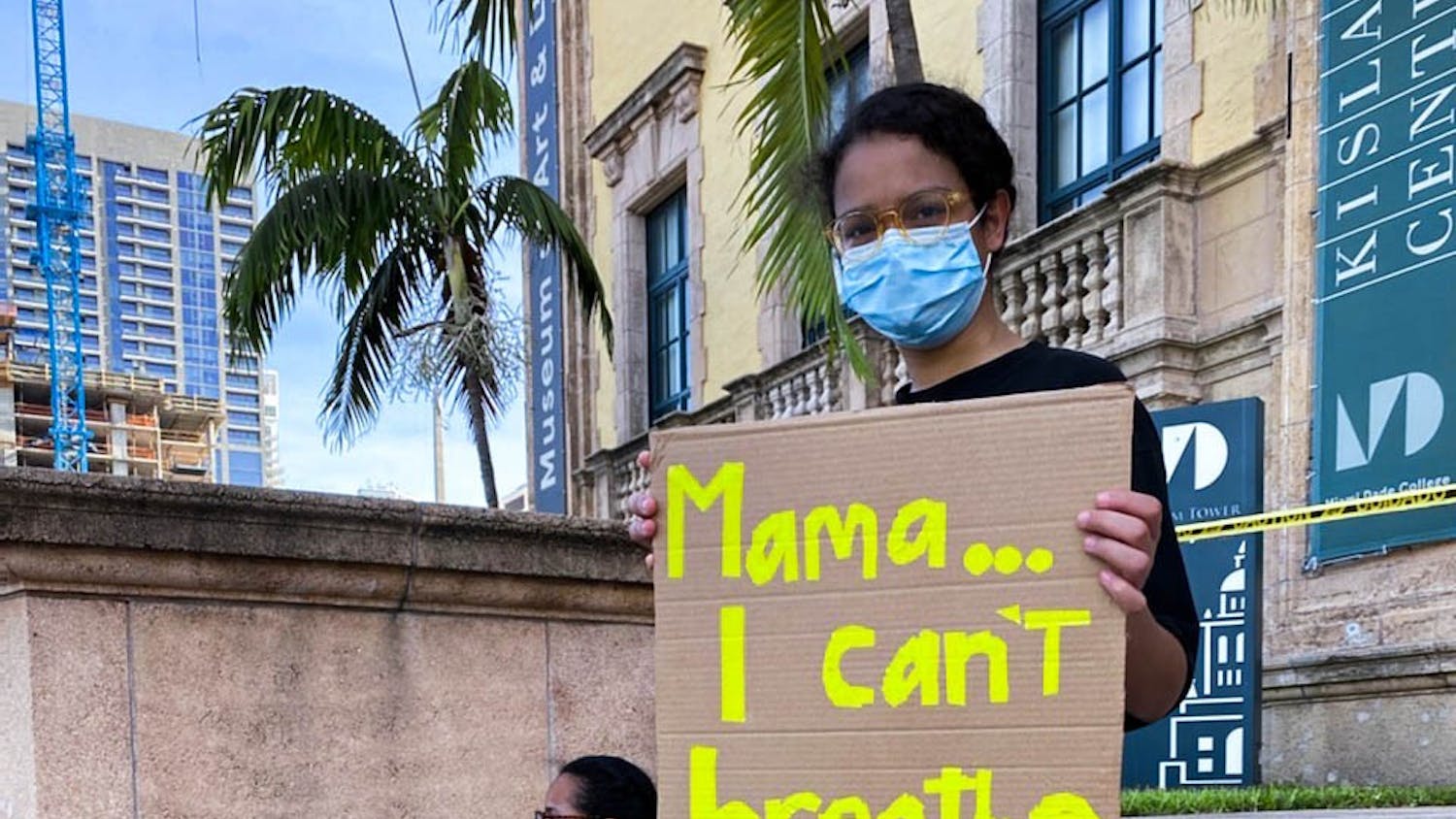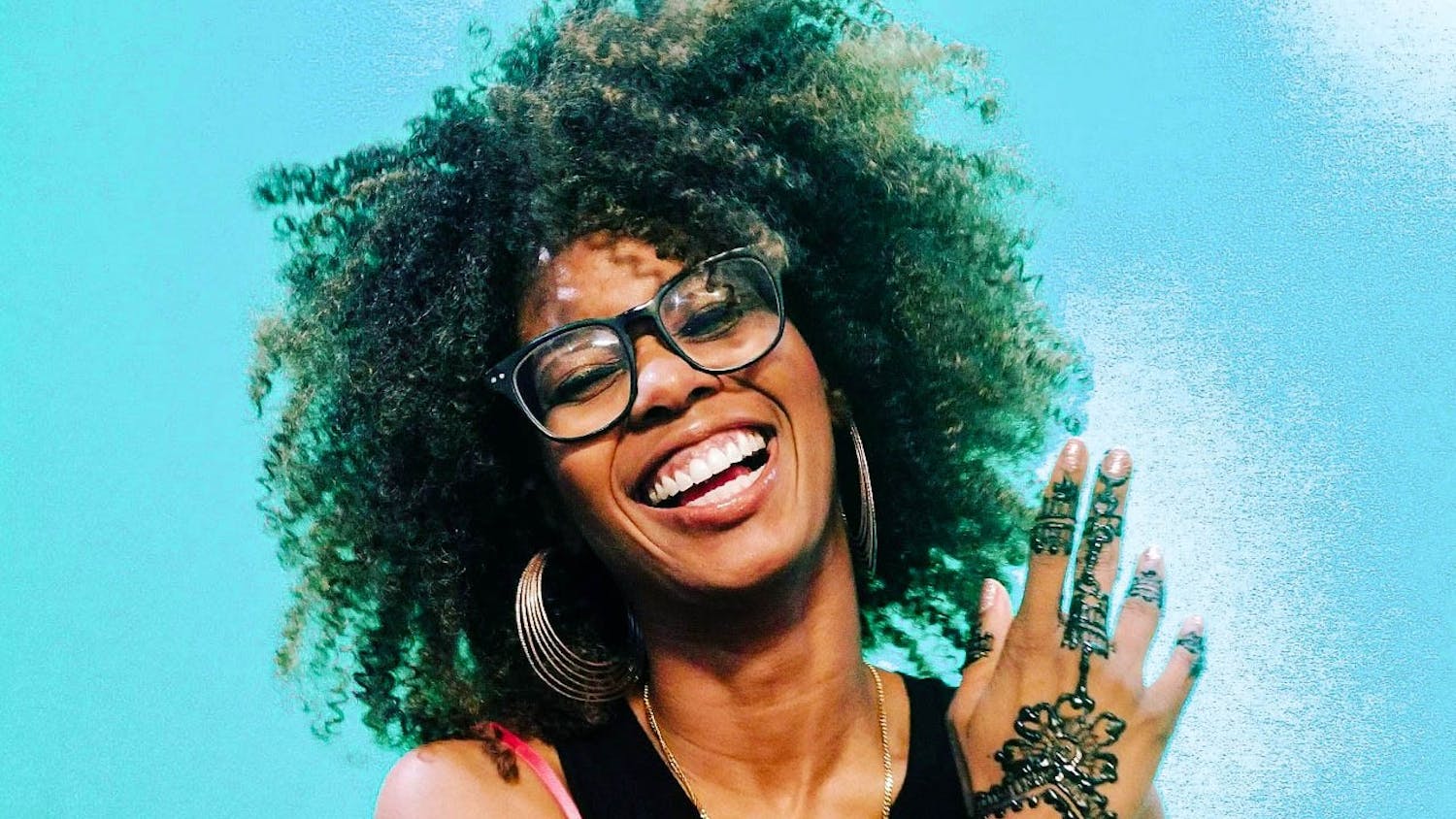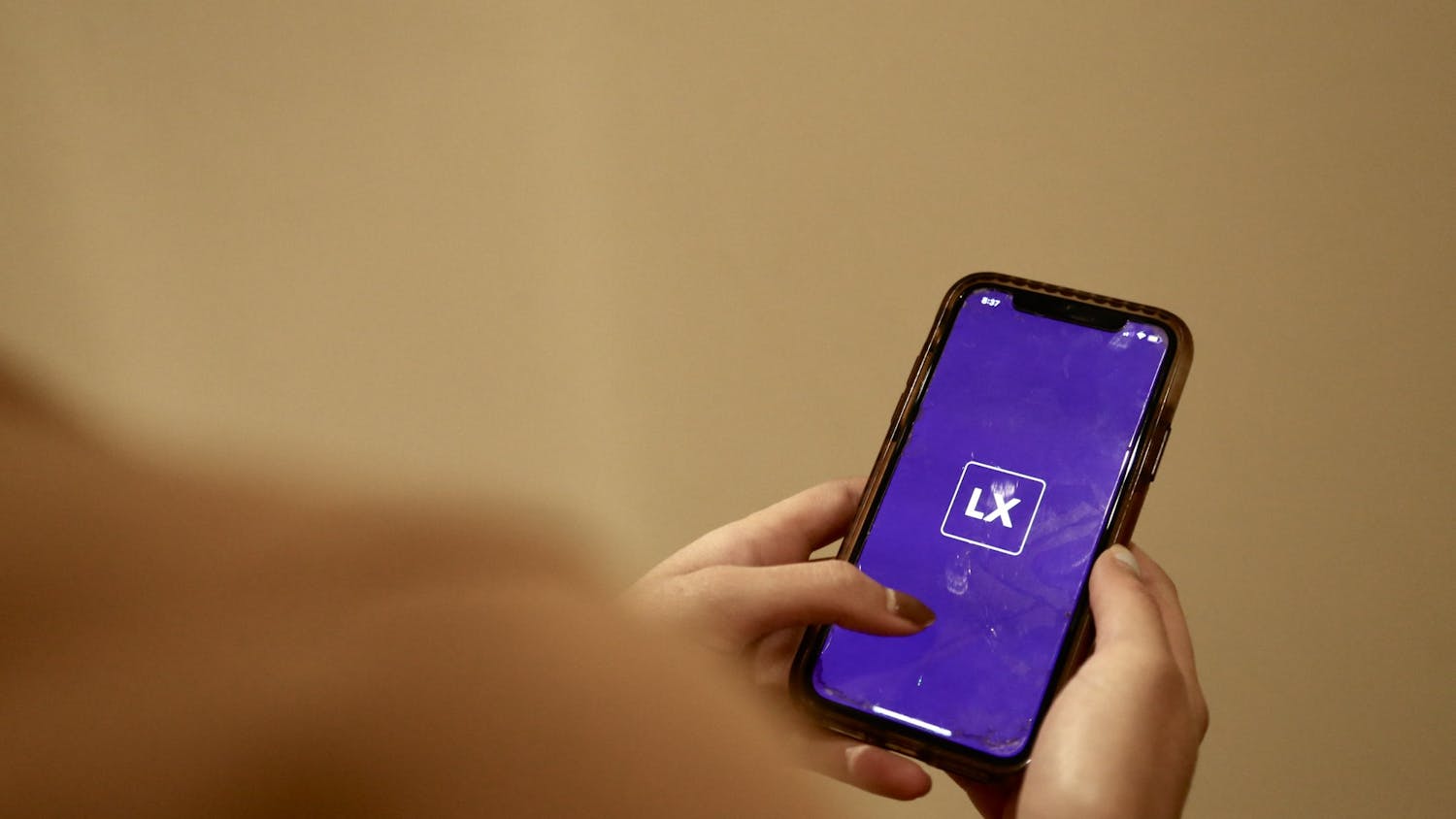As the Black Lives Matter movement gains increased momentum across the country, few Dartmouth students have kept silent. Social media has become a powerful player in the movement as a tool both to educate and organize.
Olivia Audsley ’21 mostly uses social media to share and consume resources, whether those are infographics, links to Google Drive folders or full PDFs of books. She said that social media has given her access to a wealth of information that she wouldn’t have been able to afford otherwise.
Audsley said she enjoys Instagram because of its visual emphasis and because it has allowed her to engage with many different artists.
“I think a lot of the time, art isn’t considered a part of the revolution,” she said. “But through Instagram, I’ve been able to see how important art is to the BLM movement.”
In contrast, on Twitter she has been able to find a “great community of academics and intellectuals” that gives the platform a classroom-like feel.
Tola Akinwumi ’21 has also been using social media to create infographics and put out information in a concise, digestible form. She said she appreciates that social media has pushed individuals to look inward and question their own racial biases.
“What I like with this movement right now is that a lot of it is educating each other internally too,” she said. “Whether it’s with intersectionality, or with Black trans women.”
Akinwumi views Instagram as the “educational” side of Black Lives Matter, and considers Twitter to be the “administrative” side, since most petitions and protest details circulate through tweets.
She said she thinks that the movement’s presence on social media has a lot more political verve than in the past, noting that although people have been calling attention to racist social attitudes in the past, this time, the conversation is a lot more targeted and action-oriented.
“People are talking about defunding the police, they’re talking about abolishing prisons, they’re talking about restructuring the system as we know it,” Akinwumi said. “People are making infographics about how we can defund the police in Seattle.”
Akinwumi acknowledges that social media has been somewhat of a double-edged sword for the BLM movement. On the one hand, it has allowed many people’s voices to be heard in a way that’s impossible to ignore, but on the other, it can also be used to superficially signal support for the movement in order to gain social clout.
“Literally every time you go on your timeline, you’re seeing something about BLM,” she said. “You have to engage with the content.”
And yet, Akinwumi worries that people are posting things without putting meaningful action behind their words. She believes that this ultimately trivializes the movement, and minimizes support for Black lives to simply a trend.
Audsley is a little more optimistic, suggesting that there are stages of learning and that people are moving at their own pace.
“My hope is that there’s enough exposure and resource-sharing and education going on that they will move out of that stage and become truly committed to this work,” she said.
Audsley said she believes that the role of social media in Black Lives Matter has been largely positive. Even though platforms like Instagram and Twitter tend to draw a younger crowd, Audsley mentioned that a Facebook post she came across prompted her to have a deep conversation about race with her parents.
Audsley further shared that among the social media accounts that she follows, Black Lives Matter views tend to dominate, while mainstream news channels seem to be more protective of police. She said that the narrative is going to be biased either way.
Similarly, Akinwumi observed that the depiction of the protests on mainstream media skews toward incidents of looting, which doesn’t provide a holistic picture of the protests. She sensed that there’s an undertone suggesting that Black Lives Matter is a violent or malicious movement.
Aika Riguera ’21 said that on social media, in contrast to the news, opinions are more equally accessible. She acknowledged that there’s a limit to what social media can accomplish and cautions that it shouldn’t be a substitute for activism. Still, the platforms provide individuals with the opportunity to express their voices and connect with others.
“I use Instagram to follow people [who have] different backgrounds or ways of moving through the world,” Riguera said. “[Social media’s] greatest strength is in allowing people a space to present themselves however they choose.”
Riguera said she believes that exposure to a wide range of identities is useful in spreading awareness about various experiences and elevating voices that are not usually heard.
“People can be their full selves and share their identities and lives,” Riguera said. “In a stratified society, that’s really humanizing.”



